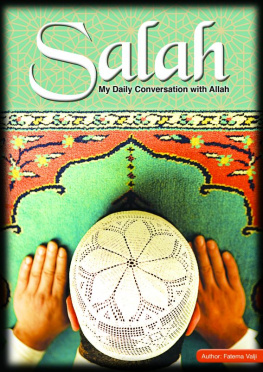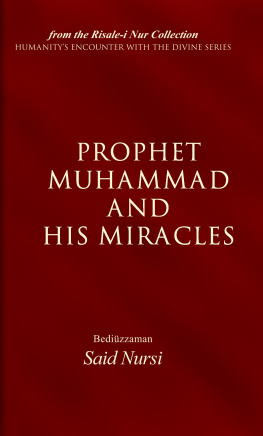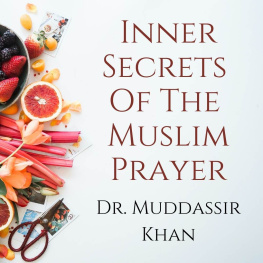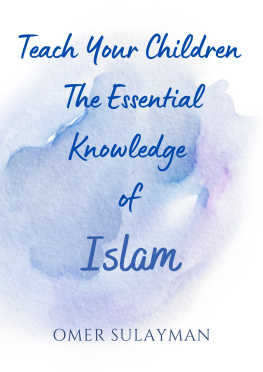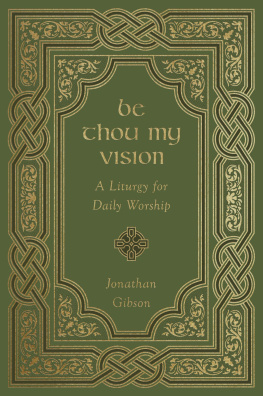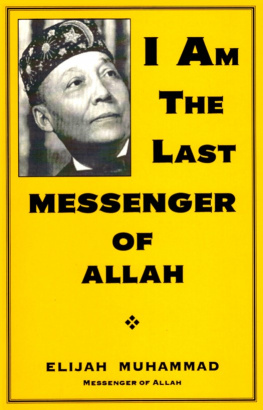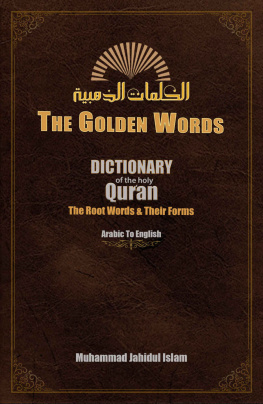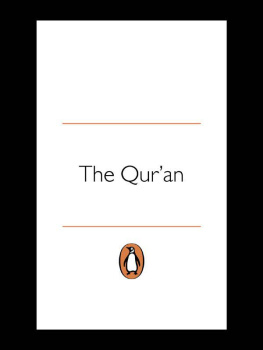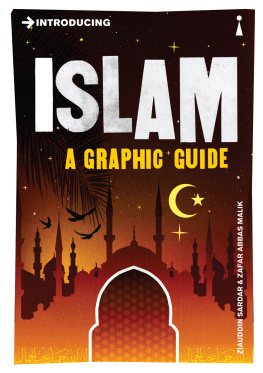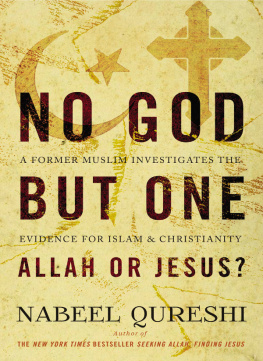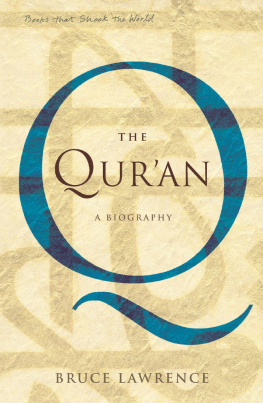Salah
My Daily Conversation withAllah
By Fatema Valji
Copyright 2014 Fatema Valji
Smashwords Edition
This book is dedicated to:
TheCommander of the Faithful,
Imam Ali (A)
one who achieved
theperfect bond with
His Creator through SALAH.
He entered this world
in the Kabah and returned to
his Lord through attaining martyrdom
whilst in Sajdah, andhis
every moment in between was
worship and submission
to the Almighty.
Table of Contents
Foreword
The Shia Ithna Asheri Madressa of HujjatJamaat, Stanmore (London) has a Farsi department that was foundedin 2005, with the introduction of a syllabus prepared by ShaykhAbbas Jaffer after his return from Qum, Iran.
The class offered students 40 lessonscovering basic Farsi grammar, which would lead them to a firmintroduction and give the grounding to those who wanted to masterthe language. After the first year, the enthusiasm towards thelanguage increased to such an extent that an advanced Farsi classwas formed.
The advanced class aimed to expose thestudents to different areas of the Farsi language which includedlistening to Islamic lectures, watching Farsi televisionprogrammes, and also starting to read Islamic texts.
The class comprised ordinary working fathersand mothers, who, as a hobby and interest, took the time out tolearn a new language. When students were asked in 2006 why theywere learning Farsi there was some very interesting feedback:
Inshallah, the aim is to translate abook
from Farsi to English after 10 years.
At some point we would like to interactwith the marjas
in their own languages and with the help of Farsi,
we can undertake this and ask questions personally.
There is an ocean of Islamicknowledge
which is available in Farsi books which is not there inEnglish
and accessibility to great authors such as
Ayatullah Mutahhari and Ayatullah Tabatabai.
In 2008, some of the students took the GCSEexams in Farsi and all of them attained A grades. With theseaspirations the advanced Farsi has continued to thrive with thehelp of some very dedicated teachers.
In 2010 it was decided that as a trial theFarsi students would undertake a translation of a very short andconcise book: The Merits of Praying on Time. The translation ofthis book was completed in 2011. In a chance meeting with one ofThe World Federations Executive Councillors, al-Hajj Shabbar bhaiDhalla, the idea was discussed to print the book under The WorldFederation.
After some market research and furtherbrainstorming with Shaykh Abbas Ismail, it was decided to includesome more areas of Salah in the book, and make it morecomprehensive.
A young writer, and a member of the originalFarsi class, sister Fatema Valji, was recruited by The WorldFederation to take on this task. By the grace of Allah, the finalpublication is now in your hands.
This brief background of this bookdemonstrates how small intentions and efforts can result in acollective effort that has produced a profound book such as this,that will inshallah inspire generations to come.
The advanced Farsi class still continues tothis date and is currently reading the Shia hadith masterpieceAl-Kafi in the Farsi language. The intention is for the class toundertake another small translation which can benefit the communityin the near future.
The class would like to record itsappreciation to The World Federation for taking interest in theirhumble effort, and seeing it through to completion on such a grandscale. Without the help and support of The World Federation thebook could have remained unpublished.
Shia Ithna Asheri Madressa Farsi Class
Stanmore, London
Muharram 1434; December 2012
What is My Aim in Life?
Our Loving and Wise Creator did not createus to wander aimlessly through life, without direction, purpose orguidance. He created every human being with an intellect and souldesigned to recognise and worship Him.
The purpose of our being is to devote ourevery breath, thought and action to His service and obedience:
I did not create the jinn andhumans
except that they may worship Me. (Quran, 51:56)
From the time of Prophet Adam, all Prophetsguided people towards this same goal:
Certainly We raised an apostle in everynation [to preach],
Worship Allah, and keep away from the Shaytan. (Quran,16:36)
On the Day of Judgement, when Allah willtake account of our lives, success will not be determined bypopularity, wealth, beauty or intelligence. What will matter iswhether we lived to fulfil our own selfish desires or dedicated ourefforts, wealth, time and skills in the obedience of Allah.
Success will be measured in terms of howwell we realised our potential to be the best servants andworshippers of Allah that we could be.
Salah: The BestWorship
All Prophets invited people to worship oneGod. However, it was our Final Prophet, Muhammad (S), who showed ushow to worship Allah in the most perfect and beautiful way.
He established the five daily prayers as thebest way of connecting and communicating with Allah. Of course, wecan also talk to Allah by begging in supplication (Dua) or bycalling out His beautiful names (Dhikr).
But Salah is by far our most importantprivate line of communication with our Lord; it is a wajib andpersonal affirmation of our submission to Allah every day. In fact,Imam al-Baqir (A) states:
The Salah is the pillar of religion andits example is that of the prop of
a tent when the prop remains upright, the pegs and
ropes remain straight and upright; however, when the propbends
or breaks, neither the pegs nor ropes remain straight.
Therefore, Salah is the only stablefoundation upon which we can build a life of worship and submissionto Allah.
Salah: TheCriterion of Faith
Since Salah is the cornerstone of our faithand relationship with Allah, a Muslim who does not pray hasrejected his belief in Islam and identity as a Muslim; he is not atrue believer:
It only requires a Muslim to deliberatelyabandon the
performance of the daily obligatory prayer or to not performit
out of carelessness, for him to become a disbeliever(kafir).
(The Holy Prophet)
Realise that as soon as you abandon yourSalah, you remove yourself both from the fold of Islam and theprotection of Allahs mercy. You create for yourself a place in thefires of Hell:
[They will be] in gardens, questioningconcerning the guilty:
What drew you into Hell? They will answer, We were not
amongst those who prayed.
(Quran, 74:40-43)
Salah is the ultimate test of faith. If wepray, we affirm our faith and submission to Islam. If we do notpray, we are hypocrites. The Holy Prophet makes this clear:
The prayer is the standard of Islam.Whosoever
loves prayers, and observes their limits, timings and
methods, is a true believer.
Salah: The Gateway to Paradise
Salah is the key that unlocks the doors ofParadise. Therefore, we may be barred from Paradise if we do notobserve our prayers. Moreover, if our Salah is accepted by Allah,all our other good deeds will also be accepted. On the Day ofJudgement, when we will be desperate for good deeds to outweigh oursins so that we are saved from the painful punishment, it will beour Salah that will decide our destiny:
The first thing for which a person shallbe subjected to reckoning
is prayers. If they are accepted, all his other deeds shall beaccepted.
But if they are rejected, all his other deeds will berejected.
(Imam al-Sadiq (A))
Imagine the decisive importance of Salah onthe Day of Judgement! Its acceptance will allow us to reap theabundant rewards of our good deeds and give us easy access toJannah.

